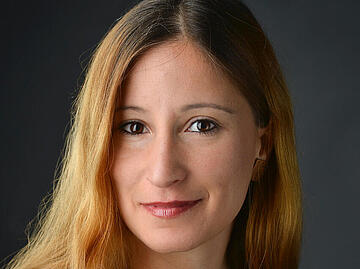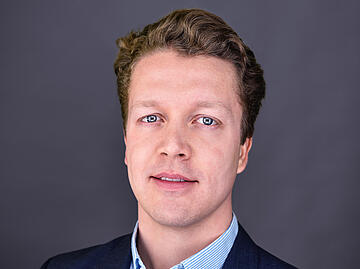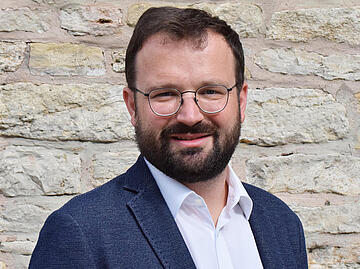Global China Conversations #13
War in Ukraine: Does China Benefit?
Topic
On February 24, 2022, Russia invaded Ukraine. In response, many Western countries imposed a cascade of economic and political sanctions. China, on the other hand, declared a "friendship without limits". While some observers argue that these responses deepen the rift between East and West and further economic decoupling, others argue for a China caught between the frontlines. Cut off from Western demand by the sanctions, Russia has found alternative buyers in China in some sectors. At the same time, many companies in China, especially private ones, have become wary of continuing their operations in Russia to their former extent. Six months after the start of the war and with a landmark National Party Congress just around the corner, we discuss the following questions: Where do China's economic and geopolitical interests lie? Are we witnessing a turning point in China's engagement with Russia? What are the effects of the sanctions? And what impact do the political tensions have on economic relations with China and the world?
In our 13th Global China Conversation, trade and sanctions expert Julian Hinz will examine the impact of sanctions on global trade and investment flows, and China and Russia expert Marina Rudyak will discuss China's geopolitical role in the conflict. Are new geopolitical and economic blocs emerging?
Program
The event consists of different impulse lectures followed by a discussion.
The Global China Conversation #13 will be held in German.
Speakers

Dr. Marina Rudyak
Marina Rudyak is an Assistant Professor for Chinese Cultural Studies at Heidelberg University and interim professor for Chinese Politics at Frankfurt University. Her research focuses on China’s international development cooperation and the Chinese foreign policy discourse. Previously, she was a policy advisor with the German Agency for International Cooperation (GIZ) in Beijing. She regularly advises governmental organizations and NGOs on matters of China’s foreign aid and international development cooperation. Rudyak is the co-founder of the Decoding China Dictionary. She studied Chinese Studies and Public Law in Heidelberg and Shanghai, and holds a Ph.D. and an M.A. in Chinese Studies from Heidelberg University.

Prof. Dr.Julian Hinz
Julian Hinz is an empirical economist working on topics in international trade, migration, and applied econometrics. He is head of the Kiel Institute's Trade Policy Task Force and Assistant Professor for International Economics at Bielefeld University. Previously he was a visiting assistant professor at the Düsseldorf Institute for Competition Economics (DICE) of the University of Düsseldorf, a Postdoctoral Research Fellow at the Kiel Institute for the World Economy, and a Postdoc Fellow at the Kiel Centre for Globalization. From 2018–2019 he was a Max Weber Fellow at the European University Institute in Florence. He holds a PhD in Economics from the Paris School of Economics and Université Paris 1 Panthéon-Sorbonne.
Moderation

Prof. Dr. Andreas Fuchs
Andreas Fuchs is a Professor of Developmental Economics, Director of the Centre for Modern East Asian Studies at the University of Göttingen, and Director of the Kiel Institute China Initiative. His research analyzes trade, investment and development policies with quantitative methods and a special focus on China and other emerging economies. He also investigates the political economy of natural disasters, humanitarian crises, and non-militarized conflicts.
